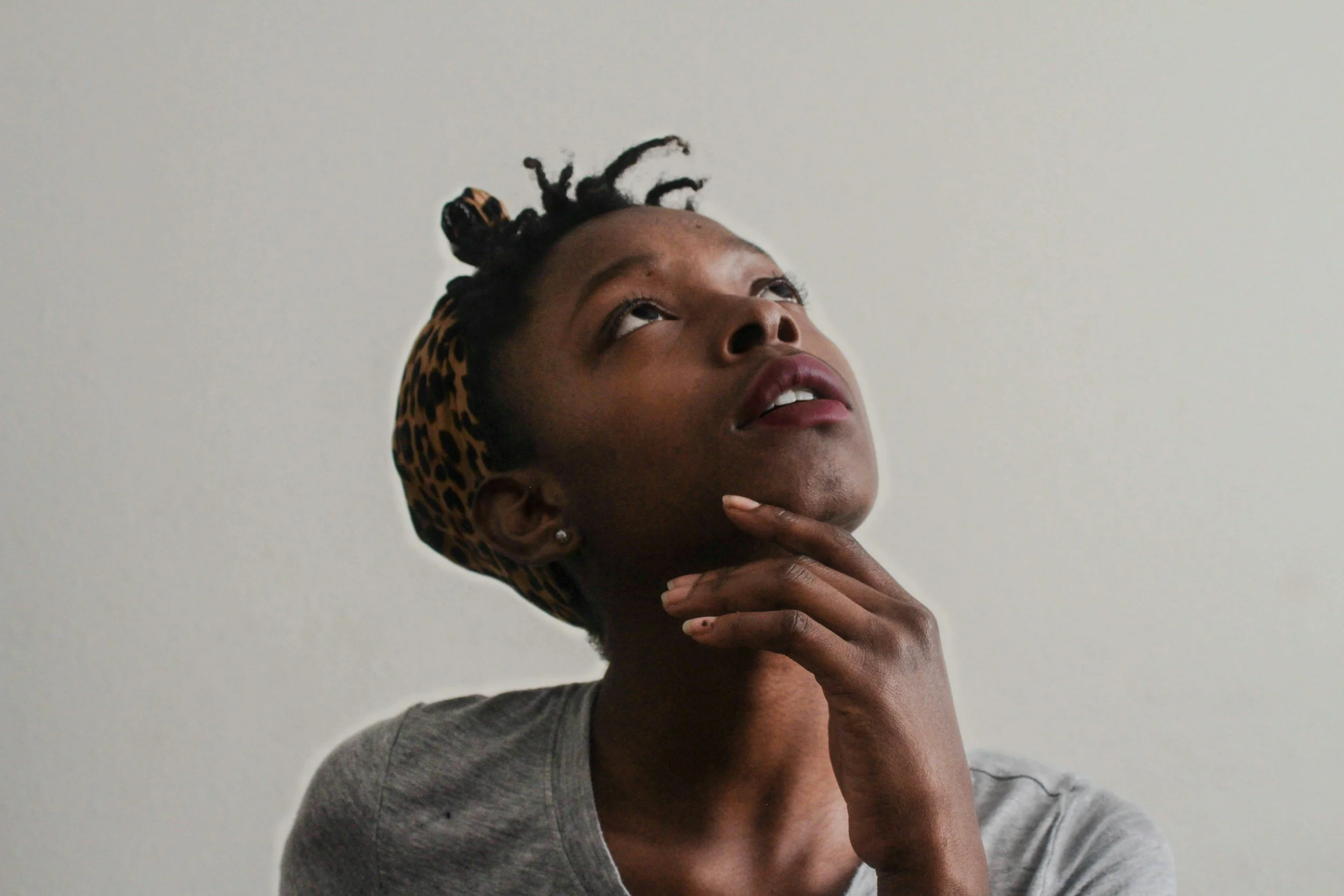
Lost in Translation: Interoception and Neurodivergent Experiences
Interoception is our ability to sense and interpret internal physical and emotional states. It plays a crucial role in maintaining health and well-being, from regulating hunger and thirst to managing emotions. However, many individuals—especially those who are neurodivergent, have experienced trauma, or live with eating disorders—face significant challenges in interoceptive awareness (IA). These differences can make it harder to adapt to bodily needs, contributing to stress, burnout, and misunderstandings about their unique experiences.

Shining a Neurodivergent Light on Menopause Support in the Workplace
Menopause is a deeply individual experience, with symptoms affecting people in vastly different ways. While discussions around menopause have increased, there remains a gap in understanding how it intersects with neurodivergence.

Challenges of Intuitive Eating for Neurodivergent (ND) Individuals
Intuitive Eating (IE), created by Evelyn Tribole and Elyse Resch in 1995, offers a weight-neutral, self-care approach to eating, focusing on building a healthy relationship with food, mind, and body. While backed by a significant amount of research showing its benefits, IE often fails to account for the unique needs of ND individuals.

When weight loss is a sign of struggle, not success.
This is for anyone who has experienced unintentional weight loss, and not felt great about it. And for anyone who has assumed weight is a choice, let me share some of the shitty parts of weight loss that are rarely discussed.
